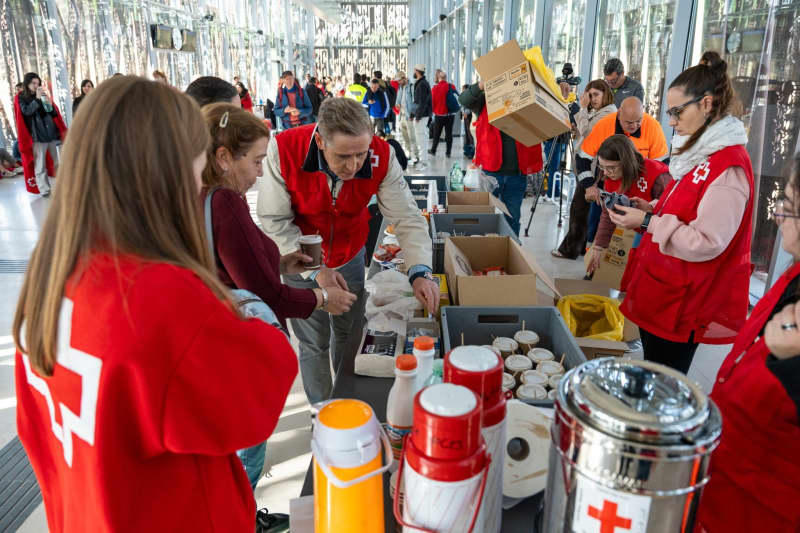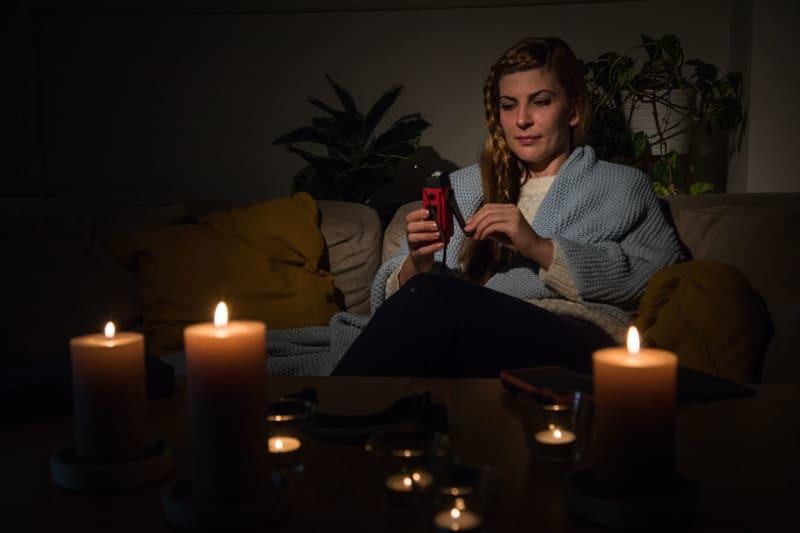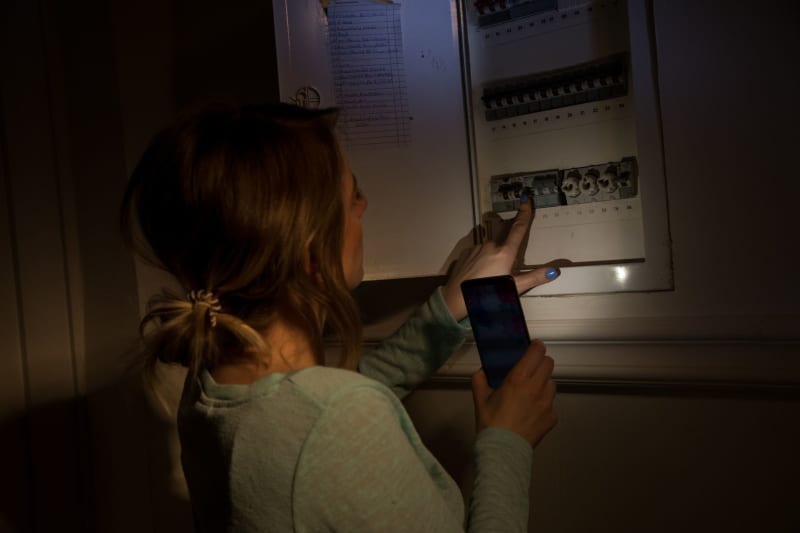After Spain and Portugal were just hit by an unprecedented blackout, which saw the two nations plunged into chaos for hours, you might be wondering how you would react if the same were to happen in your country.
While such longer nationwide outages are extremely rare, it can never hurt to be prepared. Because when the power goes out, that doesn’t only mean the lights go out.
Here’s a selection of basic amenities that will be impacted by a power outage:
-
The main water supply, including the toilet flush. At worst, there is only enough water left in the tank to flush once.
-
Mobile networks and landlines. While you might have a full phone battery and the mobile network has an emergency power supply, both will run out eventually. Landlines will also be down shortly after a blackout.
-
ATMs and supermarket checkouts won’t work either, so you won’t be able to take out cash or stock up on groceries at short notice.
-
Petrol stations, as their fuel pumps also run on electricity.
-
Local and long-distance public transport.
What to stock for an emergency
There are several things you can do to prepare for a prolonged power cut.
Prepare, a British government campaign providing tips on what actions to take before and during a power outage, recommends keeping a battery or wind-up torch as well as spare batteries at home as using your phone’s torch will quickly drain the battery.
A battery or wind-up radio is also essential, according to the experts, as it will allow you to receive updates on the blackout when the internet is down.
You should also consider storing some bottled water and non-perishable food. Germany’s civil protection agency recommends keeping at least 1.5 litres of water per day and adult so you have enough to drink and brush your teeth. Add another half a litre for cooking.
In terms of food, the experts at Prepare recommend to stock up on ready-to-eat tinned food, including fruit and vegetables that doesn’t require cooking. Make sure you have a tin opener.
Dried fruit, nuts and granola bars are also handy to have at home, the German agency notes. Don’t forget to stock up on baby formula and baby food or pet food if needed.
To be able to heat up your food, consider keeping a gas-powered camping stove at home, though you should make sure never to use it indoors due to a risk of poisoning.
Having a stash of cash at home can prove immensely helpful during a power outage, as it will allow you to make purchases even if checkouts are down.
Last not but least, make sure you have warm clothes, a first-kid aid and a supply of all the medication you need.
What do do in case of a blackout
Once the lights are out, you can try to reach out to your network operator, local fire brigade or municipality for information or help.
Use your battery-powered radio to receive news updates.
The Prepare campaign urges people to stay away from power lines, and turn of electric appliances including irons, ovens, electric fires and fryers. You should also unplug your TV and computer “as they can be damaged if there is a surge when power goes back on.”
Make sure to check in on vulnerable people, including neighbours. To be able to coordinate without your phones, it might be worth discussing with your family beforehand where to meet up in case of a blackout.
Last but not least, try to keep calm, as the power will come back eventually.
Sudden power cuts make driving more dangerous, since traffic lights won’t work, like here in Madrid. Fernando Sánchez/EUROPA PRESS/dpa

Emergency services were deployed across Spain and Portugal after a widespread blackout left people trapped in halted trains and lifts and millions in homes without power. Lola Pineda/EUROPA PRESS/dpa

Your smartphone will eventually run out of battery during a blackout. This is when you’ll be grateful to have an emergency radio and flashlight combo that you can charge with a hand crank. Christin Klose/dpa
Read the full article here
